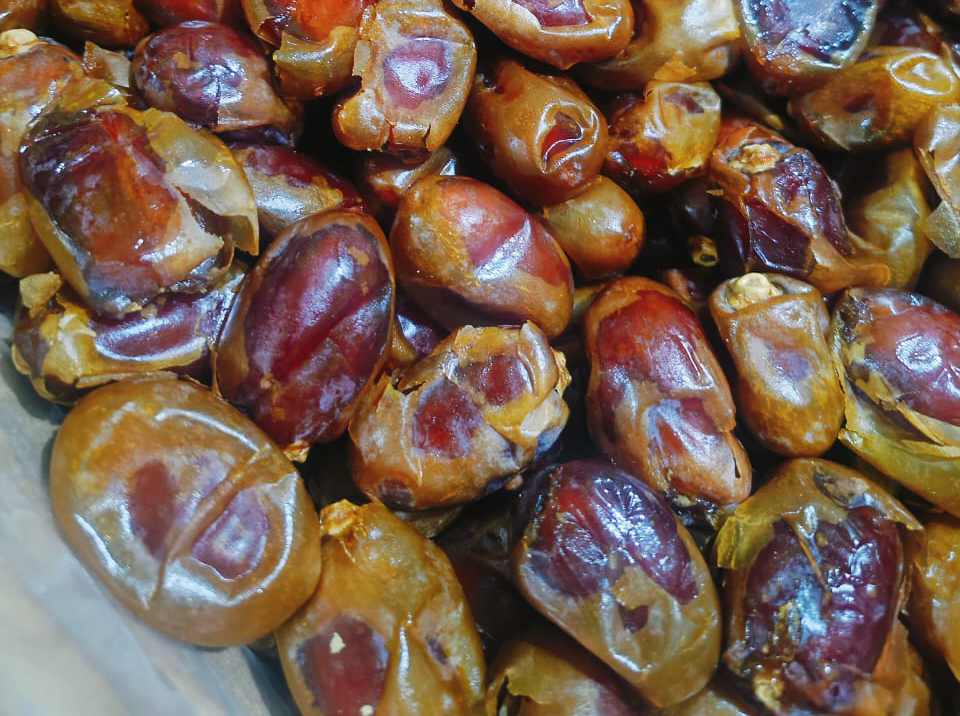During Ramadan, it is important to maintain a balanced nutritional intake by consuming a variety of healthy foods, both when breaking the fast and at dawn. This is essential for sustaining our physical health, allowing us to fast comfortably.
The purpose of fasting during Ramadan extends beyond worship; it also offers numerous health benefits. To fully experience these benefits, it is crucial to establish proper eating patterns, as our habits and routines change during this month. Therefore, we must ensure that our eating habits and fluid intake are balanced and controlled throughout the fasting period.
Nutritional adequacy during Ramadan is not determined solely by the quantity of food consumed, but rather by the nutritional value of that food. It’s essential to ensure that the food we eat contains a balanced mix of carbohydrates, proteins, fats, vitamins, minerals, and fiber. Additionally, it is crucial to maintain adequate fluid intake.
Typically, the human body requires about 2 liters of fluid per day. During fasting, we can still meet our hydration needs by timing our fluid consumption appropriately. We can do this by drinking 2 glasses of water when breaking the fast, 1 glass before Tarawih prayers, 1 glass after Tarawih prayers, 2 glasses before bed, and 2 glasses at suhoor. By following this schedule, we can effectively manage our body’s fluid requirements.
During Ramadan, sweet foods are typically served at the dinner table, including fruit ice cream, syrup, sweet tea, compote, fruits, dates, and more. In Islam, it is recommended to break the fast with sweet foods and drinks, but overindulgence is discouraged. It is advised to consume only three dates when breaking the fast.
However, many people today enjoy a variety of sweet foods and drinks. This includes breaking the fast with sugary beverages, eating large portions of rice, and indulging in sweet desserts. According to the Ministry of Health in 2023, the consumption of packaged sweet drinks in Indonesia averages 20.23 liters per person. Indonesia ranks third in Southeast Asia for the highest consumption of these sweet beverages. Over the past 20 years, the consumption of sweetened packaged drinks has increased fifteenfold.
The consumption of sweetened drinks in Indonesia has skyrocketed, increasing from 51 million liters to 780 million liters. Statistics show that 1 in 10 children in Indonesia consume sweetened beverages 1 to 6 times a week, which can lead to health issues such as diabetes.
During Ramadan, sugar is often a part of the iftar menu. However, the amount of sugar we consume while fasting should ideally be similar to what we would consume on regular days. The World Health Organization (WHO) recommends that adults limit their intake of free sugar to no more than 12 teaspoons per day. For additional health benefits, it is suggested to keep this intake below one teaspoon per day.
Free sugar refers to sugars found in sweets, those added to processed foods and beverages, as well as natural sugars found in honey, syrup, fruit juice, and fruit concentrates. When breaking our fast at iftar and during sahur (pre-dawn meal), it’s advisable to consume more sugar during iftar than during sahur.
Our bodies tend to lose a significant amount of energy after fasting for 12 hours, and consuming sweet foods can quickly help replenish this energy. However, it’s important to avoid excessive sugar intake during suhoor. Instead, focus on eating foods that will keep you feeling full for a longer period. Good options include those rich in fiber, complex carbohydrates, and protein, as they can help prevent hunger from returning quickly.
Try to regulate your sugar intake while fasting. For instance, if you normally consume 6 teaspoons of sugar per day, consider having 2 teaspoons at dawn and saving the remaining 4 teaspoons for dusk and after iftar.
Indah Nuraeni, S.TP., M.Sc., a lecturer in Nutrition at Unsoed, shares tips for preventing excessive sugar consumption during the fasting month:
- Cut down on added sugar in your tea, coffee, or milk.
- Opt for water or unsweetened beverages to fulfill your fluid intake needs while fasting.
- Swap sweet snacks for fresh fruit.
- Limit your consumption of biscuits, cookies, and sweet snacks.
- Instead of enjoying tajil, have 2-3 dates. s.
“If we do not manage our consumption of sweet foods and drinks during Ramadan, it can lead to obesity after Ramadan, tooth decay, diabetes, and various non-communicable diseases that may result in complications,” said Indah.
















